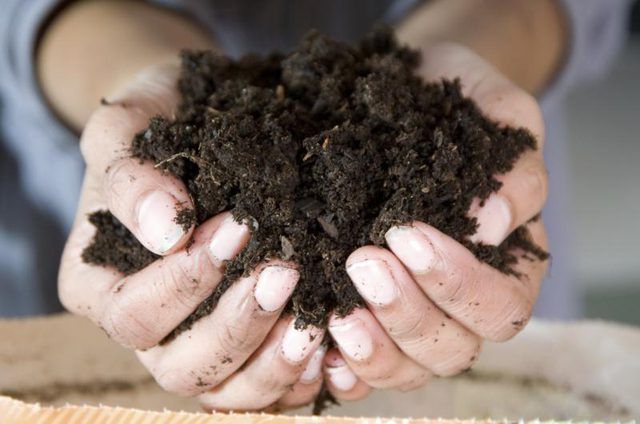Bulbs
Flower Basics
Flower Beds & Specialty Gardens
Flower Garden
Garden Furniture
Garden Gnomes
Garden Seeds
Garden Sheds
Garden Statues
Garden Tools & Supplies
Gardening Basics
Green & Organic
Groundcovers & Vines
Growing Annuals
Growing Basil
Growing Beans
Growing Berries
Growing Blueberries
Growing Cactus
Growing Corn
Growing Cotton
Growing Edibles
Growing Flowers
Growing Garlic
Growing Grapes
Growing Grass
Growing Herbs
Growing Jasmine
Growing Mint
Growing Mushrooms
Orchids
Growing Peanuts
Growing Perennials
Growing Plants
Growing Rosemary
Growing Roses
Growing Strawberries
Growing Sunflowers
Growing Thyme
Growing Tomatoes
Growing Tulips
Growing Vegetables
Herb Basics
Herb Garden
Indoor Growing
Landscaping Basics
Landscaping Patios
Landscaping Plants
Landscaping Shrubs
Landscaping Trees
Landscaping Walks & Pathways
Lawn Basics
Lawn Maintenance
Lawn Mowers
Lawn Ornaments
Lawn Planting
Lawn Tools
Outdoor Growing
Overall Landscape Planning
Pests, Weeds & Problems
Plant Basics
Rock Garden
Rose Garden
Shrubs
Soil
Specialty Gardens
Trees
Vegetable Garden
Yard Maintenance
How to Buy Bulk Soil for a Garden
How to Buy Bulk Soil for a Garden. A successful garden starts with loose, fertile soil that allows plants to thrive. If your garden wasn't blessed with garden-ready soil, then adding rich soil may be necessary. Buying soil in bulk instead of in small amounts for a large garden saves you money and allows you to improve your garden soil quickly....

A successful garden starts with loose, fertile soil that allows plants to thrive. If your garden wasn't blessed with garden-ready soil, then adding rich soil may be necessary. Buying soil in bulk instead of in small amounts for a large garden saves you money and allows you to improve your garden soil quickly. Before you buy soil in bulk, however, check its source and quality to ensure you get what you need.
Do the Math
Before you decide to buy in bulk, calculate the amount of soil you need for your project. Bulk soil typically comes in cubic yards. To calculate your needs, multiply the length, width and depth of the area you'll fill with soil. If the area is 20 feet long, 10 feet wide and 1 foot deep, you will need 200 cubic feet of soil. Each cubic yard equals 27 cubic feet. So divide your number of cubic feet by 27. In this example, that equals roughly 7.4 cubic yards of soil. Knowing how much soil you need will help you compare costs among suppliers.
Pick Your Mix
When buying soil for a garden, find quality soil with the proper pH level and components. Vendors specializing in bulk soils often have different blends available based on the intended use. Look for a blend made especially for gardens. A mixture of topsoil and organic material, such as compost, is suitable for most gardens. The ideal soil pH depends on what you plan to plant. In general, a pH from 6.0 to 7.0 works well for most garden plants, according to an Organic Gardening website article.
Go to the Source
Once you know what kind of soil you want, decide where to get it. Home-improvement stores, garden centers and plant nurseries are possible sources for quality garden soil. Construction sites sometimes offer fill dirt, but it isn't likely the quality of soil you want for your plants. If you're not sure which vendor is best, check with other gardeners in your area to hear their reviews and recommendations. Visit a source to see the soil yourself before you commit to buy it. Soil quality can vary greatly. Look for loose soil without large clumps or debris in it.
Move It
Bulk soil is heavy. So transporting it to your site is a part of the buying process. Vendors that specialize in bulk soil typically offer delivery. Ask about delivery fees to calculate your total cost for soil. If you have access to a truck, then ask the vendor about the process for loading bulk soil in it. Some soil vendors offer assistance in loading soil while others require customers to shovel soil themselves to load it. Select a spot to deposit the soil when it arrives. The location should be close to your garden, but driving a vehicle across a lawn often leaves ruts. If the pile of soil is put on grass, then the resulting lack of sunlight to the grass can kill it if the soil stays too long. A paved area covered with a tarpaulin, or tarp, is a suitable place to keep the soil until you need it.